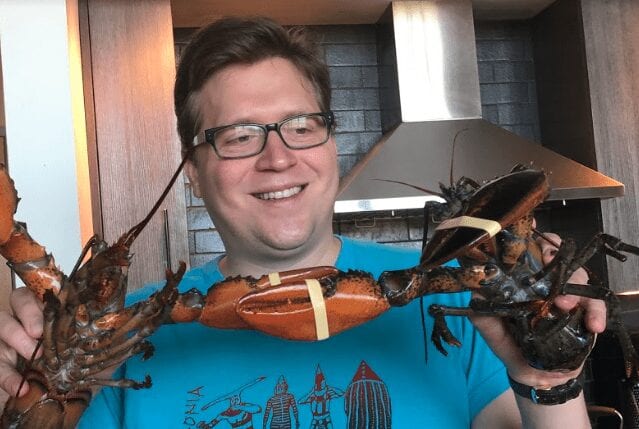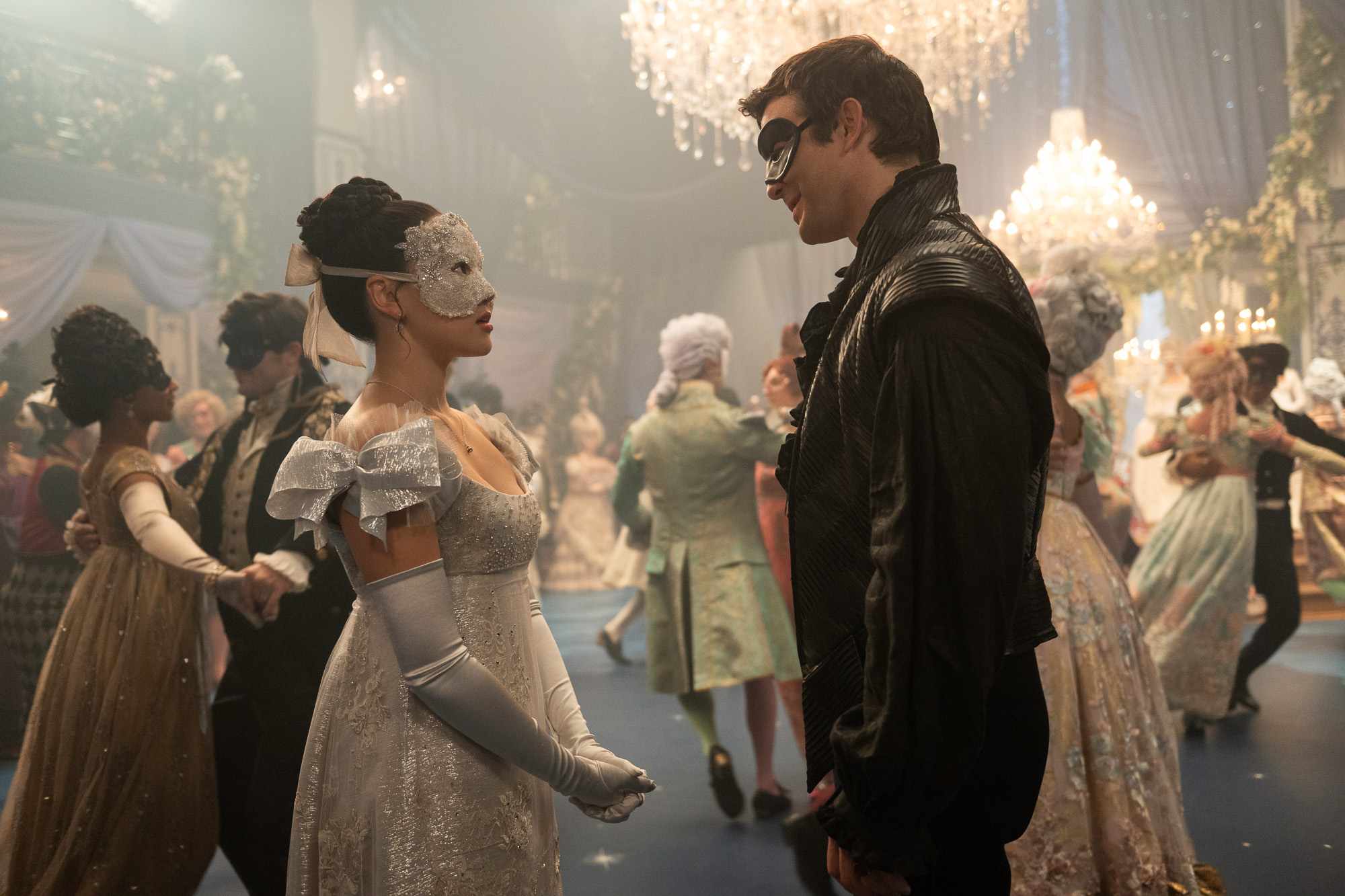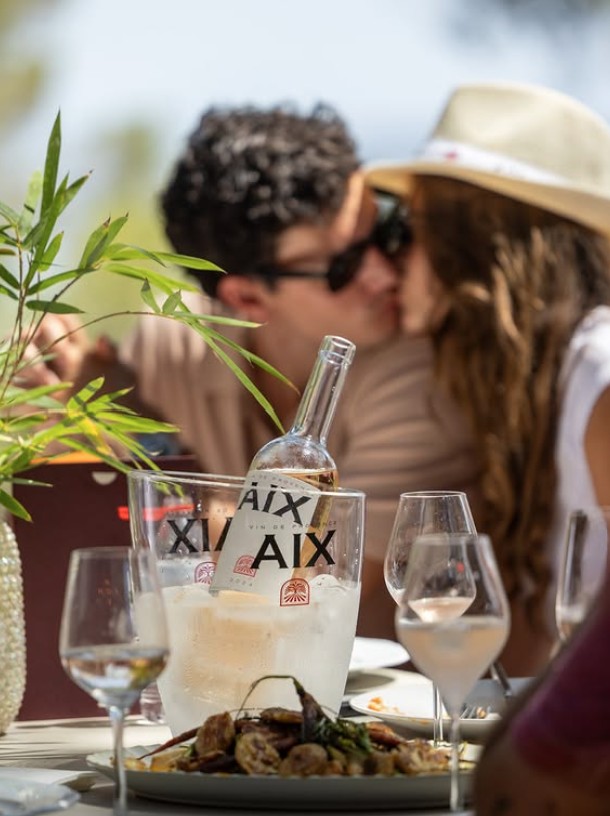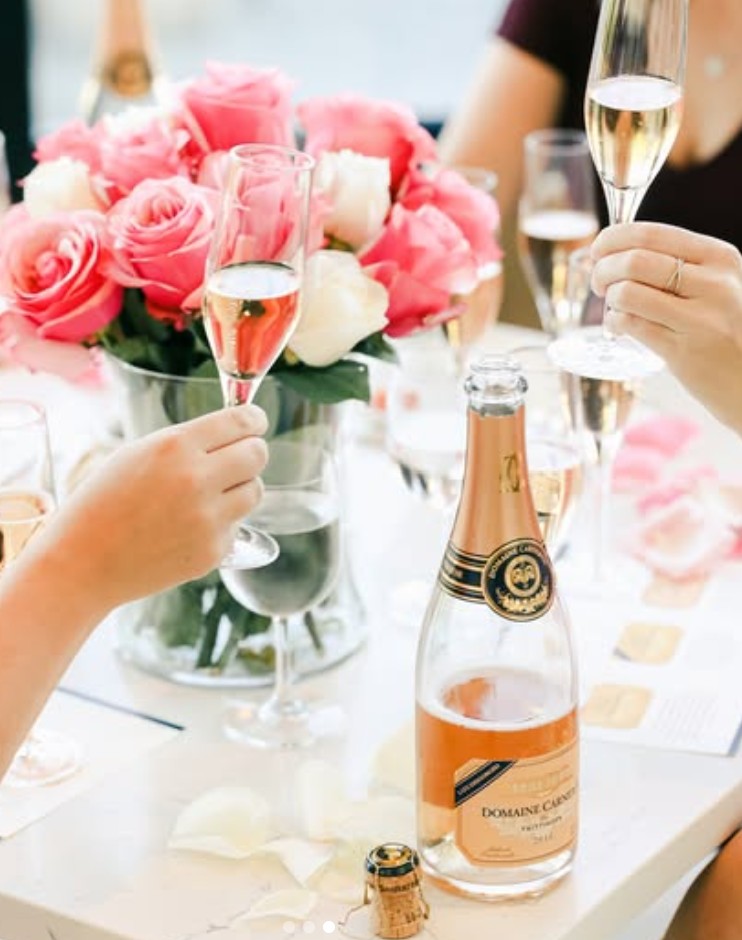Nick Daddona is behind Boston Urban Hospitality’s wine and cocktail menus. He has over a decade of experience in the Boston beverage scene, including management of beverage programs at Legal Seafoods and the Boston Harbor Hotel. He is currently pursuing the Master Sommeliers diploma through the Court of Master Sommeliers, Americas; Nick always seeks to improve his knowledge as well as the knowledge of team members.
You’ll find Nick sourcing the best wine for the restaurants he works at, working on an exciting new cocktail, and educating staff. Nick believes in the power of service and hospitality to better serve guests day to day.
1. How did you get into the wine business?
I was always curious about wine—I remember sneaking a taste of my father’s Carlos Rossi ‘Paisano’ Red, which was probably my first taste. I was not fully exposed to wine until early in my career in restaurants—I cut my teeth as a server and bartender around Boston, I then landed my first management job at Legal Seafoods, a New England-based group known for its robust wine list at reasonable markups. I was assigned to bring up wine by the bottle sales for the location and began training front-of-the-house staff. I was using the “Ask Jeeves” and “AltaVista” (back then) as search engines to find out the difference between Sancerre and Marlborough Sauvignon Blanc. I would save the bottles to taste staff at briefings through weekend services. It was a time in which I learned much and dedicated myself to finding out why wines tasted as they did.
2. What are the most frustrating and rewarding parts of your job?
The most rewarding thing about wine is connection. Wine connects people at so many levels—food, culture, language, geography, even war. The look on the face of a person who makes a connection, be it in the dining room, retail store, or trade appointment: THAT is priceless!
Politics and law in wine & beverage can be maddening. Not even touching the ridiculousness of tariffs (re: Smoot Hawley anyone!?)—regulation is confounding across the country. There are control states, states with publishing and pricing irregularities… so many laws which are not thought through! In my home state of MA, corkage is illegal almost everywhere—something very surprising to a guest when they are traveling to Boston and looking to enjoy a birthyear bottle they bring to enjoy.
3. What is your most memorable wine experience?
I was on a train platform with my wife Lauren (also a sommelier). We were in Burgundy about to board. Almost no one on the platform. Just then, a smartly dressed man in a brown suit with an umbrella and briefcase walks along the platform. I had met him the year before at a New York tasting, but I doubted he would remember me: it was Aubert de Villaine, the legendary head of Domaine Romanée-Conti. Lauren and I spoke about it later, how the moment was surreal—a cross between James Bond and Harry Potter. I have met many celebrities with the years on the restaurant floor, however that moment sticks with me even today.
4. What is an upcoming trend you see in wine?
I predict the term natural wine will become better defined in the eyes of the consumer. Similar to the pendulum swing of the cool climate ‘in pursuit of balance’ movement on the West Coast of the U.S., customer knowledge and perception will affect the natural wine movement. Low intervention and natural wine can be fantastic, but the trend that has happened seems to strongly reflect the need to have a racy and colorful label and a quirky origin story to sell wine.
Consumers are broadly demanding that what is in the bottle needs to be as moving as the package and history. I am excited to see what the category of natural wine does as it settles into its own. Over the last decade we have seen valley floor Napa Cabs lower their alcohol and the rise and plateau of the rosé craze… I believe ‘natural wines’ will find their place in the market, and the term will evolve to become better understood.


Nick Daddona
Beverage Director and Sommelier
Hospitality is about listening.
5. What is the best piece of advice someone has given to you?
I believe hospitality is the foundation of wine—it goes much further than a dining room floor. It is in the trade, in wine retail, in the vineyard, and at the sorting table. Hospitality is about listening. Listen to your guests, customers, and clients; listen and then ask questions. Wine can be full of much hyperbole, but at its core, it is about communicating and connecting with other people. It starts with listening.
6. What is one tip you have for someone just getting into wine?
People are not born with great palates. Your palate is a part of you that takes many years to cultivate. Taste all that you can and engage with wine as much as possible. Look to it with an open mind—be curious and have fun.
Nominate someone for Wine Pro Wednesday:



